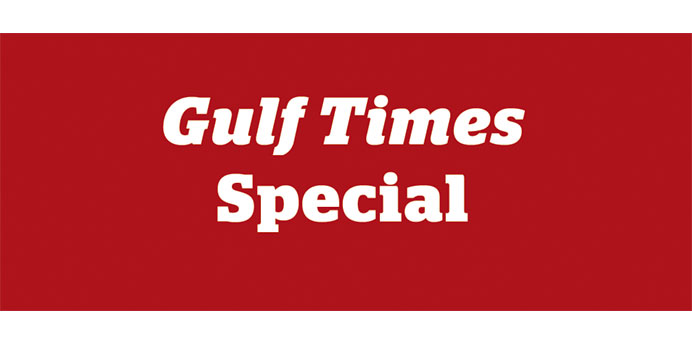By Arno Maierbrugger/Gulf Times Correspondent /Bangkok
With the growing popularity of conventional Real Estate Investment Trusts (REITs) as a collective investment vehicle for property, their Islamic counterparts, Shariah-compliant REITs, have entered the stage in a number of countries and are about to spread in the Gulf as well.
A REIT, as per definition, is a security that trades like a stock on major exchanges and invests in real estate directly, either through properties or mortgages or both. REITs are traded in units and typically offer investors above average to considerably high yields with moderate to medium risk exposure. What makes them particularly attractive for investors is that REITS enjoy special tax considerations for regularly distributing almost all of their profits to shareholders and are a highly liquid and diversifying method of investing in real estate.
The Islamic version of a REIT has to follow certain principles and rules in accordance with Shariah law. Malaysia was the first country that issued guidelines for Islamic REITS as early as in 2005, whereby a Shariah committee has to assess any property to be acquired by an Islamic REIT towards non-permissible activities of prospective tenants and sub-tenants.
Non-permissible activities or businesses for REITs are financial services based on interest, gambling and gaming, manufacture or sale of non-halal products or related products, conventional insurance, entertainment activities that are non-permissible according to the Shariah, manufacture or sale of tobacco-based products or related products, stockbroking or share trading in Shariah non-compliant securities, as well as hotels and resorts.
However, a certain quota of non-permissible activities is sometimes tolerated.
Although these regulations limit the opportunities of Islamic REITS to generate rental income on a wider scope of commercial properties, several Islamic REITS have been successfully established in Malaysia, starting with Al Aqar Healthcare REIT, which became the world’s first listed Islamic REIT in August 2006 when it went public at the Bursa Malaysia. The REIT mainly invests in hospitals of Malaysia’s healthcare group KPJ, is currently yielding 5.46% annually and had a one-year return of around 6.3% as of April.
Al Aqar was followed by other Islamic REITs in Malaysia, namely Axis Real Estate Investment Trust, which invests in offices, warehousing, manufacturing facilities and hypermarkets, KLCC Real Estate Investment Trust, whose property portfolio boasts commercial and office buildings including the iconic Petronas Twin Tower in Kuala Lumpur, as well as the Al Hadharah Boustead REIT, which invested mainly in palm-oil plantations, but was delisted from the Malaysian stock exchange last year.
The first Islamic REIT listed in Singapore, one of Asia’s largest and most mature REIT markets, became Sabana REIT, which listed at Singapore’s stock exchange in November 2010 and invests in logistics and industrial buildings.
The Middle East also started to adapt the new concept of Islamic REITs. However, the products have not developed as rapidly as in Southeast Asia and are still more or less handled as a regional collective investment scheme.
In Bahrain, the Inovest REIT was launched in 2009, followed by the Al Salam Asia REIT in 2014. Kuwait saw the launch of the Al Mahrab Tower REIT in 2008, which, among other properties, invests in the Al Safwa Towers in Makkah. The UAE introduced an Islamic REIT, called Emirates REIT, in 2011.
Qatar established its first REIT, Regency REIT, in 2009, and the Qatar Stock Exchange said in March this year that new REITS will be launched without specifying whether they will be Islamic or not.

